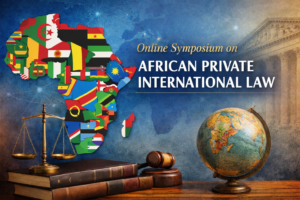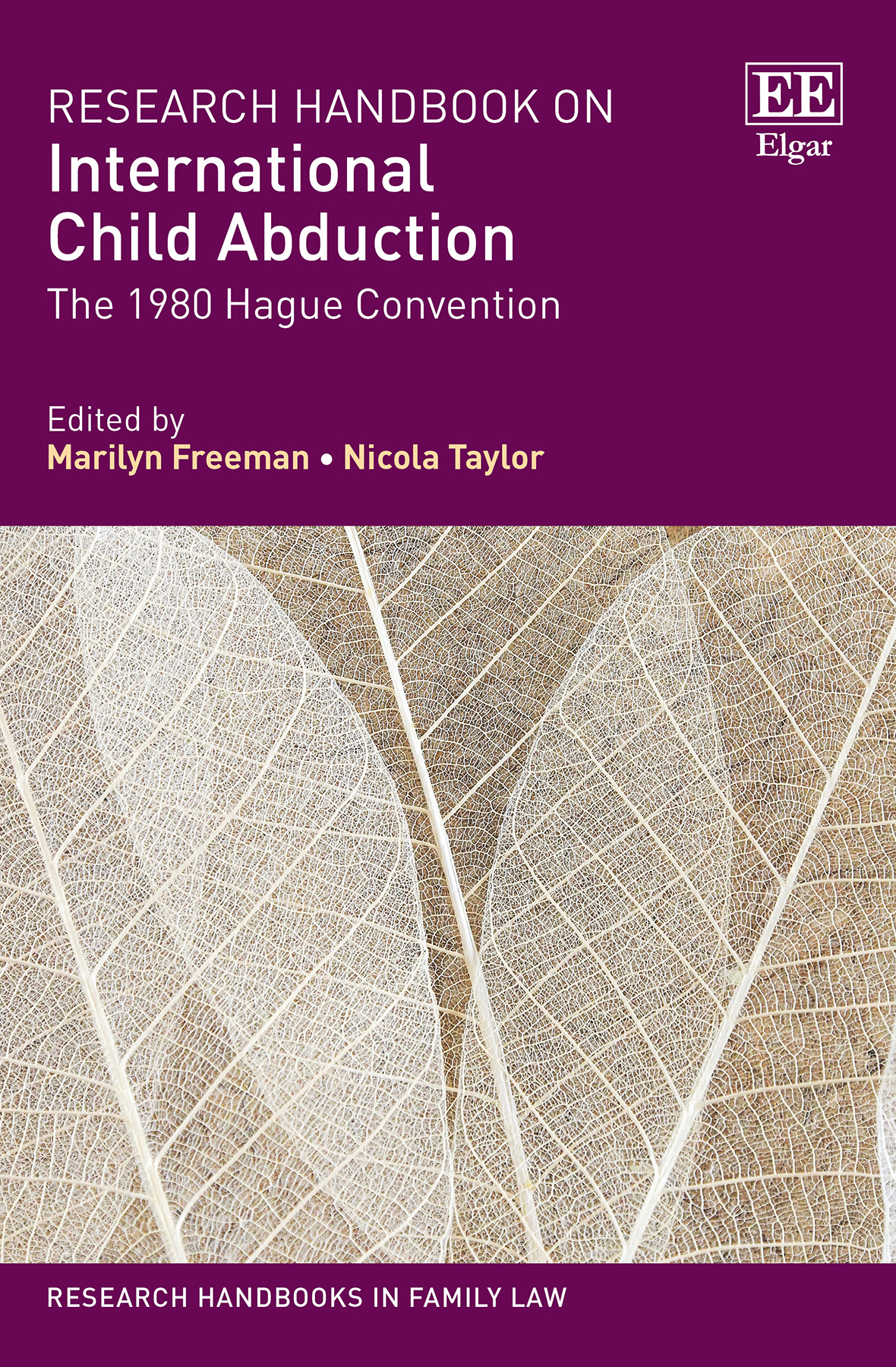Online Symposium on Recent Developments in African PIL (I) – Recognition and Enforcement of International Judgments in Nigeria

As previously announced, we are launching the second online symposium on recent developments in African private international law. As part of this symposium, a series of blog posts addressing various aspects of recent developments in African private international law will be published on this platform over the coming days.
We open the series with a blog post by Abubakri Yekini (Senior Lecturer in Law at the University of Manchester) and Chukwuma Samuel Adesina Okoli (Assistant Professor in Commercial Conflict of Laws at the University of Birmingham and Senior Research Associate at the Centre for Private International Law in Emerging Countries at the University of Johannesburg), focusing on the recognition and enforcement of international judgments in Nigeria.



